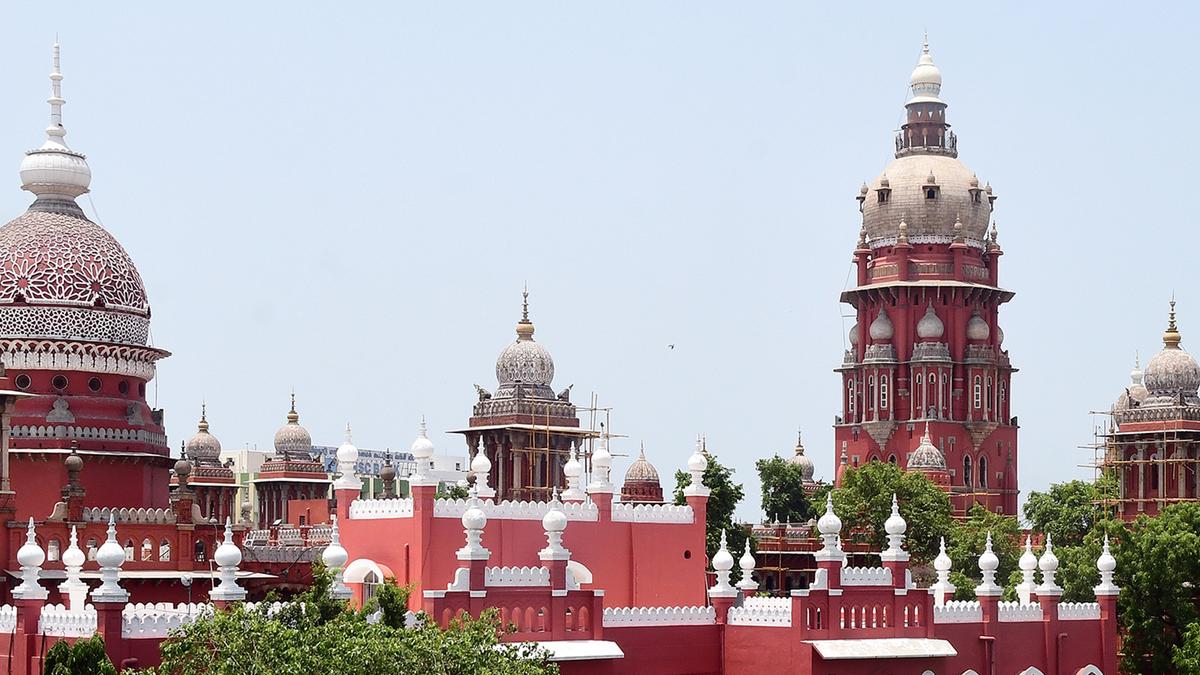Now Reading: Madras High Court Jails Police Officer for Forging Inspector’s Signature
-
01
Madras High Court Jails Police Officer for Forging Inspector’s Signature
Madras High Court Jails Police Officer for Forging Inspector’s Signature

rapid Summary
- Teh Madras High Court sentenced Special Sub-Inspector (SSI) K. Sankar to three months of simple imprisonment for forging the signature of Inspector Rangarajan in a charge-sheet submitted before a judicial magistrate.
- Justice P. Velmurugan held that such an act amounts to contempt of court and cheating, as charge-sheets are critical documents in criminal cases.
- SSI Sankar admitted to using the signature after Inspector Rangarajan was transferred from Valangaiman police station in Tiruvarur district.
- The issue arose during proceedings related to a petition filed by UAE-based Panneer Selvam Pradeepan challenging an FIR against him stemming from a domestic dispute and subsequent actions by Valangaiman police despite an August 2023 stay order on investigations.
- The High Court found that the look-out circular (LOC) and later the filing of the charge-sheet violated its prior stay order, prompting contempt proceedings against multiple officers, including Superintendent Karun Garad and Deputy Superintendent Nanillam.
- An internal inquiry revealed SSI Sankar’s forgery on may 22, 2024; he later became one of the respondents in contempt proceedings.
Indian Opinion Analysis
The Madras High Court’s decision underscores serious operational lapses within local law enforcement structures regarding adherence to judicial orders. Forgery as demonstrated by SSI Sankar raises alarming questions about clarity and ethical accountability among police personnel. furthermore, filing critical legal documents like charge-sheets improperly can erode public trust in law enforcement institutions.
from an institutional perspective, this incident highlights potential inadequacies in training or oversight mechanisms within police departments-issues that require immediate attention nationwide.The judgment serves as both punitive action and precedent for ethical conduct expected towards judiciary compliance.
The case also illustrates broader implications on governance consistency when managing inter-agency coordination between judiciary orders and administrative responses like issuing LOCs or investigating stayed FIRs. Strengthening thes frameworks could help avoid similar situations where procedural misconduct undermines legal processes.
Read more at The Hindu
























